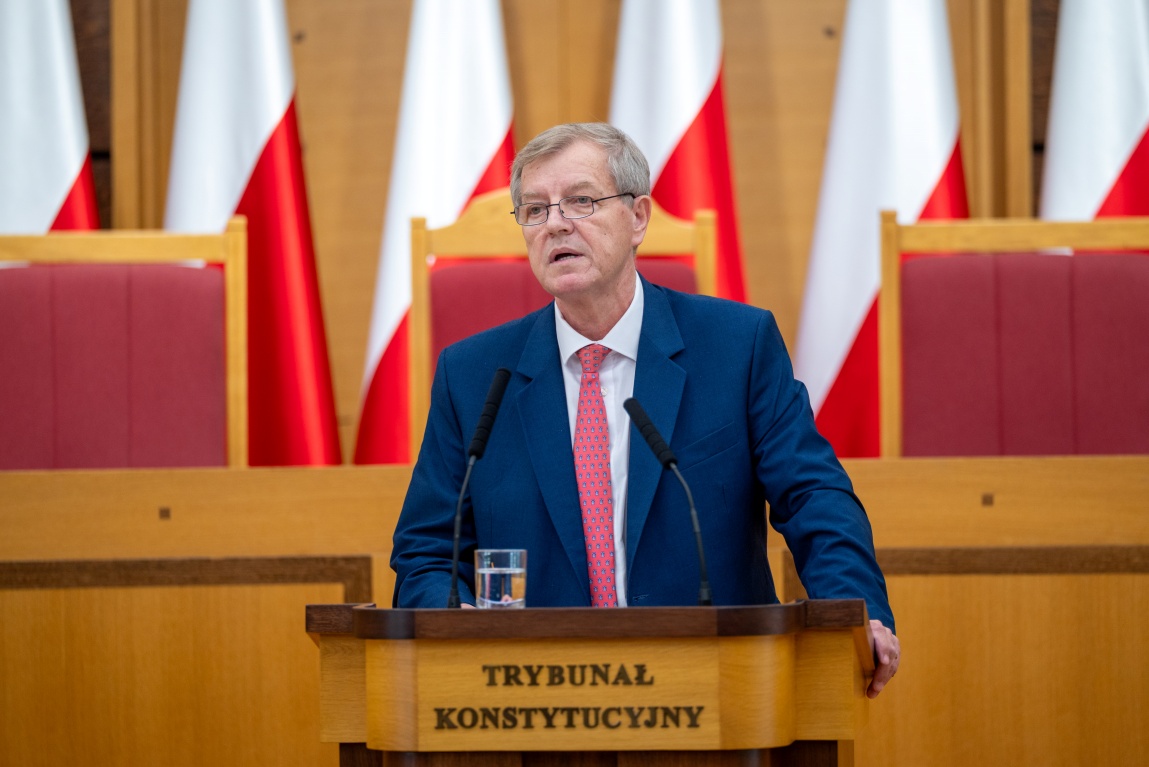
What Europe needs now is not more centralized control, but a return to democratic balance.Continue reading

A new study has outlined a proposal penned by a group of high-profile researchers that calls for the radical reform of the European Union in order to return to the principle of sovereignty of nation-states. “The Great Reset: Restoring Member State Sovereignty In The European Union. A Two Scenario Proposal Through Institutional Reform For A New EU,” was a joint project of the Hungarian Mathias Corvinus Collegium and the Polish Ordo Iuris Institute.
Over the past 70 years, the European Union has evolved from a simple economic cooperation project into a powerful supranational entity with its own currency, court, and ability to impose financial sanctions on Member States. What began as a vision of free trade and peaceful coexistence, has morphed into an institution shaping nearly all aspects of governance in Europe, centralizing power at the expense of national sovereignty, the study claims.
Today the EU faces an existential crisis, continues the analysis. Some argue for deeper integration, accelerating the trend toward federalization. However, decades of increased centralization have not solved Europe’s challenges but rather exacerbated them. The solution lies in a return to the EU’s founding principles:
• National sovereignty over EU primacy
• National constitutions over judicial activism
• Representative democracy over technocratic governance
• Subsidiarity and respect for national competences over centralization
• National interests over self-proclaimed EU values
• Free speech over ideological control
We are witnessing emerging threats to civil liberties—threats that the European Union either disregards or actively endorses.
Despite repeated declarations of commitment to human rights, the EU applies these principles selectively.
It denies protection to those most in need by undermining the right of Member States to afford unborn children or disabled patients a higher level of protection against abortion and euthanasia. Freedom of conscience is fully guaranteed primarily to non-believers, while religious individuals in some countries must settle for the limited right to practice their faith within designated places of worship, with restrictions on publicly manifesting their beliefs. Meanwhile, guarantees of freedom of speech are eroded by regulations mandating the criminalization of so-called “hate speech.”
The principle of equality between women and men is being undermined in some countries, pointed out the authors of the study,
due to a misguided tolerance of radical Islamic minorities who, often with the tacit complicity of EU immigration policies, establish quasi-autonomous enclaves where Sharia law takes precedence over the Charter of Fundamental Rights of the EU.
EU institutions contribute to the erosion of distinct cultural and historical identities of Member States by imposing a new, artificial “European identity” and promoting a form of “cultural Europeanism.” The primary objective of this process appears to be laying the groundwork for further political and economic integration.
For reasons that remain unclear, the European Union seems to distance itself from Europe’s rich heritage, which encompasses Roman legal thought, Greek philosophy, Christian religion, ethics, and the opulence of unique national cultures. Instead, the Union seeks to forge a new collective identity by invoking banal and nebulous concepts such as diversity, respect for freedom, rights and dignity, the rule of law, equality, political pluralism, the separation of powers, democracy, protection of minorities, and respect for civil society.
The authors of the report are Rodrigo Ballester, Damille Devenyi, Jerzy Kwaśniewski, Jarosław Lindenberg, and Zbigniew Przybyłowski.
Featured Image: Hungary Today